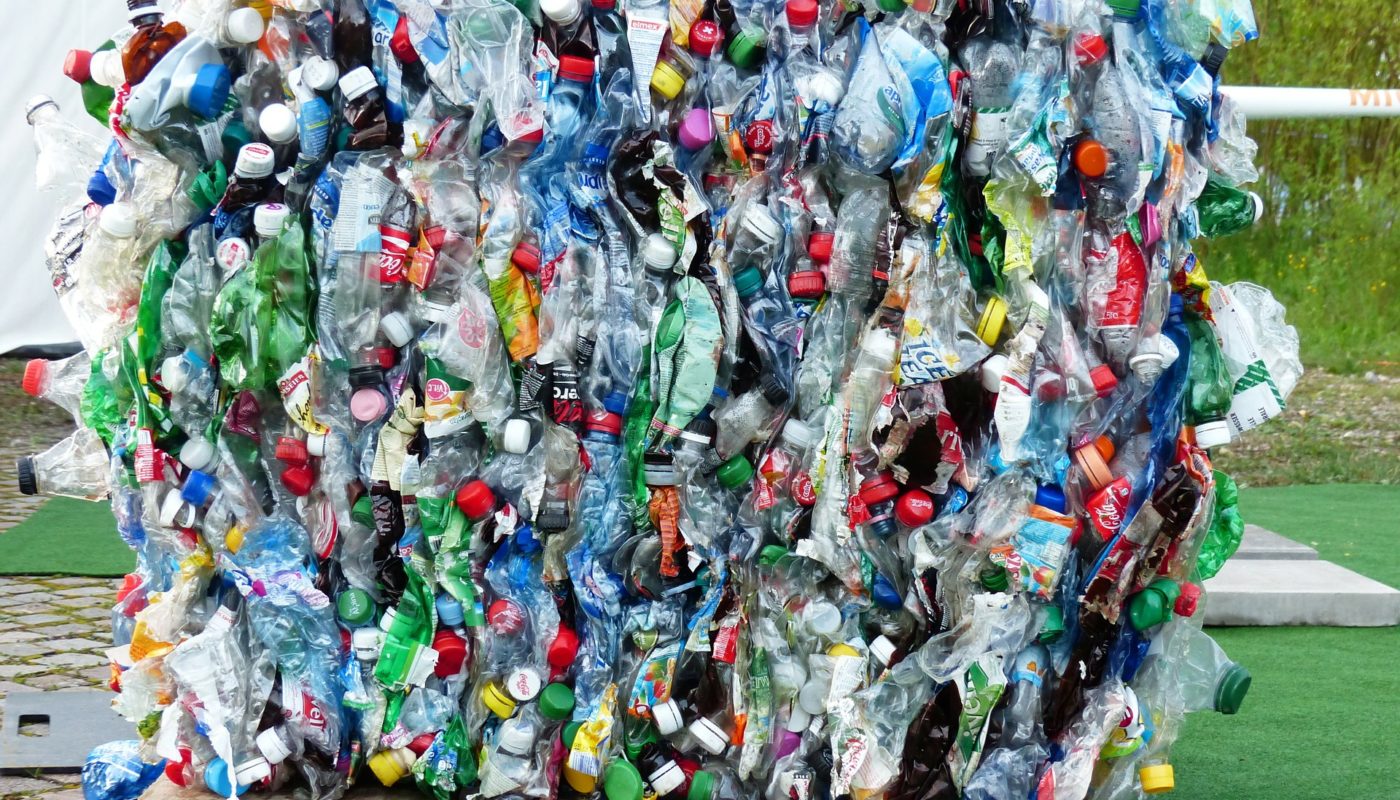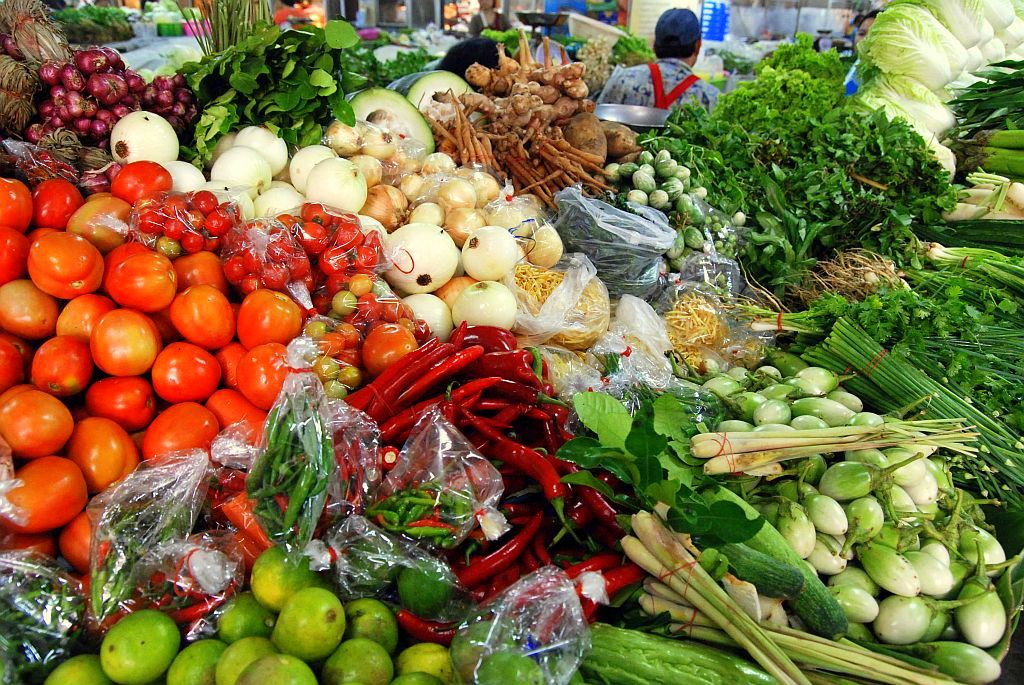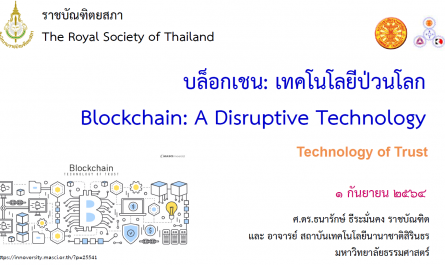ดร. วิวัฒน์ ตัณฑะพานิชกุล
ราชบัณฑิต สำนักวิทยาศาสตร์ ราชบัณฑิตยสภา
ศาสตราจารย์กิตติคุณและศาสตราภิชานแห่งจุฬาลงกรณ์มหาวิทยาลัย
ศาสตราจารย์กิตติคุณแห่งสถาบันเทคโนโลยีแห่งโตเกียว
ที่ปรึกษาด้านเทคโนโลยี (เต็มเวลา) บริษัท เอสซีจีเคมิคอลส์ จำกัด
บทคัดย่อ
เศรษฐกิจแบบวงกลม (Circular Economy) ของพลาสติกต้องการให้มีการใช้พลาสติกลดลง (ในแง่ปริมาณการใช้งาน) นำกลับมาใช้ซ้า (หลายครั้ง) และนามารีไซเคิล (ในรูปแบบใหม่หรือแบบเดิม) ดังนั้น การกาจัดทิ้งพลาสติกในหลุมฝังกลบ (ทั้งถูกกฎหมายและผิดกฎหมาย), ในทะเล / มหาสมุทร (การทุ่มทิ้งที่ผิดกฎหมาย) และการเผาทิ้ง (รวมถืงการผลิตพลังงานที่เป็นประโยชน์) ควรจะต้องลดลงหรือหมดไปในอุดมคติ นั่นคือ ควรรณรงค์ให้เลิกใช้พลาสติกที่ใช้ครั้งเดียว (หลอดดูด, ฟิล์มห่อ, ขวดน้าและเครื่องดื่ม, ถ้วยกาแฟแบบใช้ครั้งเดียว, ถุงช้อปปิ้งแบบใช้ครั้งเดียว ฯลฯ ) แล้วหันมาใช้ผลิตภัณฑ์พลาสติกที่สามารถนามาใช้ซ้าได้ เช่น แก้ว ขวดโหล ภาชนะบรรจุและถุงที่ทนทาน ปัจจุบัน มีเทคโนโลยีหลากหลายในการรีไซเคิลพลาสติกในรูปแบบต่างๆ ตัวอย่างเช่น จากขวด PET ไปขวด PET จากพลาสติกขยะไปจนถึงสารเคมี เป็นต้น
การบรรยายในครั้งนี้จะเริ่มต้นด้วยภาพรวมทั่วโลกโดยย่อเกี่ยวกับขอบเขตของการรีไซเคิลพลาสติกในบางภูมิภาคและนำเสนอเทคโนโลยีการรีไซเคิลพลาสติกหลัก ๆ โดยมุ่งเน้นไปที่ประเทศญี่ปุ่นเป็นกรณีศึกษา อาจพิจารณาได้ว่าเทคโนโลยีการรีไซเคิลพลาสติกหลักบางอย่างที่กาลังอยู่ในระหว่างการพัฒนาและบางอย่างที่ได้รับการใช้ในเชิงพาณิชย์แล้วในญี่ปุ่น อาจเหมาะสมกับประเทศไทยและประเทศอื่น ๆ ในกลุ่มอาเซียน เนื่องจากขอบเขตโดยรวมของกระทู้นี้กว้างมาก การบรรยายเกี่ยวกับเทคโนโลยีการรีไซเคิลพลาสติก จะแบ่งออกเป็นหลายตอน
AN OVERVIEW OF PLASTICS RECYCLING TECHNOLOGIES:
JAPAN AS CASE STUDY
Wiwut Tanthapanichakoon, PhD
Fellow, The Royal Society of Thailand
Professor Emeritus & Satrapichan of Chulalongkorn University
Professor Emeritus of Tokyo Institute of Technology
Technology Adviser (full time), SCG Chemicals Co. Ltd.
Abstract
Circular Economy of Plastics requires that plastics be reduced (in quantity of use), reused (many times), and recycled (in new or original forms). The disposal of discarded plastics in landfills (legal and illegal), in seas/oceans (illegal dumping) and by incineration (including the generation of useful energy), are to be minimized or ideally eliminated. Single-use plastics (drinking straws, wrapping films, water and beverage bottles, one-time coffee cups, one-time shopping bags, etc.) should be discouraged and discontinued. Durable, reusable plastic jars, mugs, containers, sturdy bags should be used. There are many technologies to recycle plastics in various forms. For example, from PET bottles to PET bottles, from waste plastics to chemicals, etc.
The present talk will start with a brief global overview of the extents of plastics recycle in selected regions, and introduce the main recycling technologies of plastics by focusing on Japan as a case study. It is considered that some of the main plastic recycling technologies under development and some of those already commercialized in Japan may be suitable for Thailand and other ASEAN countries. Due to the extensive scope of the overall theme of plastics recycling technologies, the talk will be divided into a series of delivery.




